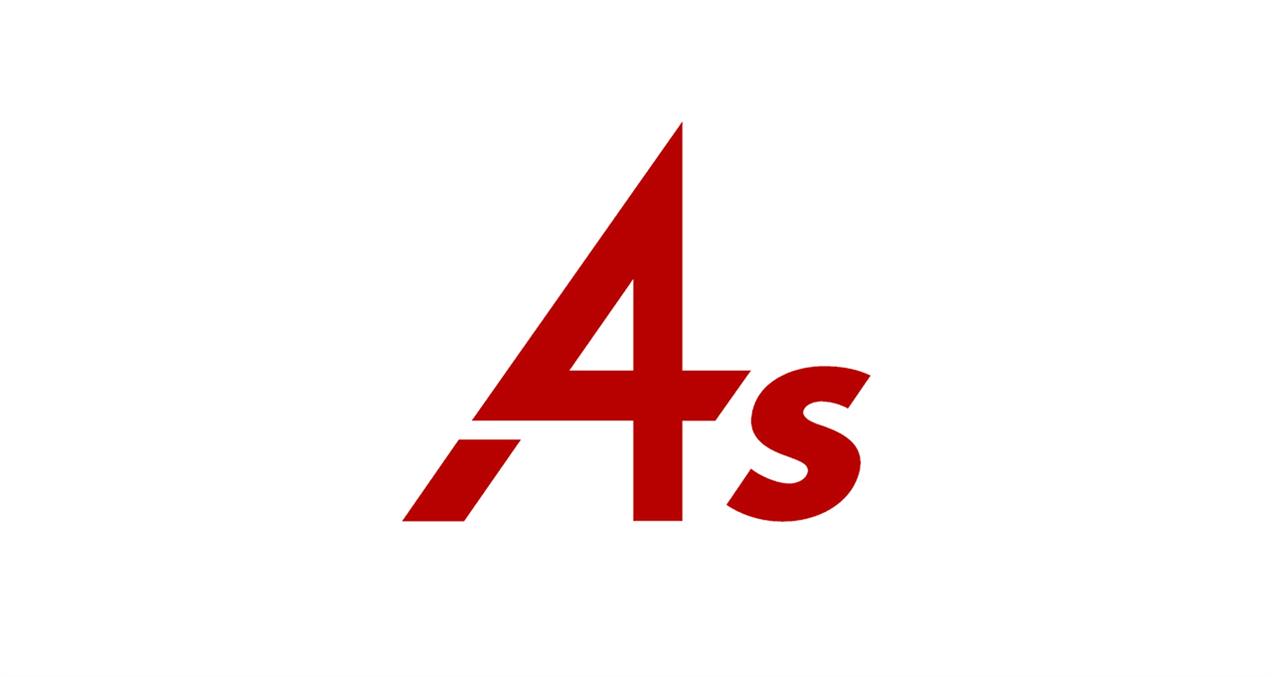Author
Alison Pepper
4As EVP of Government Relations & Sustainability
Topic
- AI Disclosure
- AI IP
- AI Policy
- Artificial Intelligence
- Government Relations
- Legislation
- Privacy Law
- Regulations
Transparency in AI will likely be of great importance to advertisers in the years ahead, particularly as new frameworks start to emerge.
If the advertising industry is looking for a clue as to where President Donald Trump administration’s new AI and Crypto Czar might focus his immediate energies, the introduction of DC’s first “Crypto Ball” might offer one.
Held on a frigid DC Friday evening at the Andrew W. Mellon Auditorium just days before the inauguration of the 47th President, the ball was hosted by new AI and crypto czar David Sacks, and was sponsored by prominent crypto companies such as Coinbase, Metamask, Solana, MicroStrategy and others. Tickets started at $2,500.
There does not appear to have been any comparable “AI Ball” during the inauguration festivities.
Given the divergence of short-term needs of the AI and crypto industries, it wouldn’t be surprising if the immediate focus of Sacks might be more weighted toward crypto than AI.
Crypto is a narrower issue than AI in many ways (with fewer potential regulators fighting for jurisdiction), and there are several immediate actions the new administration is expected to take, including addressing several specific issues such as reversing an SEC accounting rule requiring banks to classify digital assets as liabilities. Congress actually passed a bipartisan law to repeal this, but President Biden vetoed it.
That’s not to say that AI isn’t getting any attention — a December luncheon at Mar-a-Lago titled “America First — The Future of Space, AI and Tech” brought together many prominent venture capitalists to discuss their wish lists from the next administration. At the top of that wish list appears to be the immediate repeal of President Biden’s AI Executive Order.
And while it remains to be seen, it’s likely that for the immediate future a Republican-controlled Congress will offer a light touch when it comes to any AI regulation. But that doesn’t mean advertisers can expect the same light touch from the states.
Even though it’s very early in the state legislative sessions, states currently have over 200 bills introduced that include the term “artificial intelligence.” And while there’s obviously a lot of variance in what’s being covered in the legislation introduced thus far, there are a few developing trend lines in topics.
Prohibitions against health insurers using AI to deny claims
It’s pretty obvious what’s driving this issue — the recent revelations regarding UnitedHealthcare’s use of AI to deny claims has really struck a chord with several legislators. While this seemed to be the main issue being addressed in proposed legislation, there was also a general overall trend of requiring much more transparency of the use of any AI in healthcare.
Requiring political ads to disclose AI use
This one is a bit of a carryover, as many states have already passed laws addressing this issue.
Prohibiting deepfakes
While the proposed legislation seems to mostly agree on the definition of deepfakes, i.e., “deceptive audio or visual media” or “synthetic digital content,” it does vary a bit in the context it wants to address. Some of the legislation is specifically about the use of deepfakes in pornography, some is about the use of deepfakes in political ads and some of it is more generic about the use of deepfakes in any “criminal” context.
AI and natural resources
Several states have introduced legislation calling for the study of how the needs of new data centers to power AI will impact local energy and water resources. With a lot of national reporting in the past year showing just how energy and water hungry AI is, a lot of states are becoming very concerned about what demands AI is putting on local resources.
AI and transparency
This last is perhaps the most generic of the trends, but would likely be of great importance to the advertising industry depending on how it develops. It’s clear from the early cascade of introduced bills discussing AI and transparency that it’s an issue that legislators care a lot about, there’s just not necessarily uniformity of thought yet of what that means or how to best achieve it.
But the issue will likely be of great importance to advertisers in the years ahead, particularly as new frameworks start to emerge as to what exactly requires use of AI disclosure, and how exactly that disclosure should be surfaced to consumers. This is an issue being discussed in the 4A’s content provenance working group, as however the issue is addressed could have a significant impact on the user experience.
Whoever takes the lead on AI regulation in 2025, it’s clear that there’ll be no shortage of first impression issues on the table for debate, as AI continues to change almost every industry at a rapid pace.
Alison Pepper is the EVP of government relations and sustainability at the 4As.
Related Posts

02/06/2026
Look Ahead 2026: The Agency’s Next Job – From Execution to Existential Value

01/27/2026
4As Unveils Innovation Team as Part of ‘Next Chapter’ Initiative

01/23/2026


